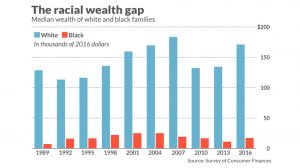From Asad Zaman
The Puzzle of Newton’s Mind
Isaac Newton is often celebrated as the ultimate rationalist, the scientist who unlocked the mysteries of the cosmos and ushered in the modern age. But there is a problem with this image—one that is so inconvenient that it has been quietly brushed aside. Newton, the father of modern physics, was also a theologian who wrote over a million words on religious matters. By sheer volume, he devoted more time to obscure theological debates than to the science for which he is remembered. Yet the vast majority of these writings remained unpublished for centuries, and only became accessible to the public recently—why?
How do we explain this contradiction? Was Newton merely an eccentric, a man of his time trapped in the superstitions of an earlier age,




